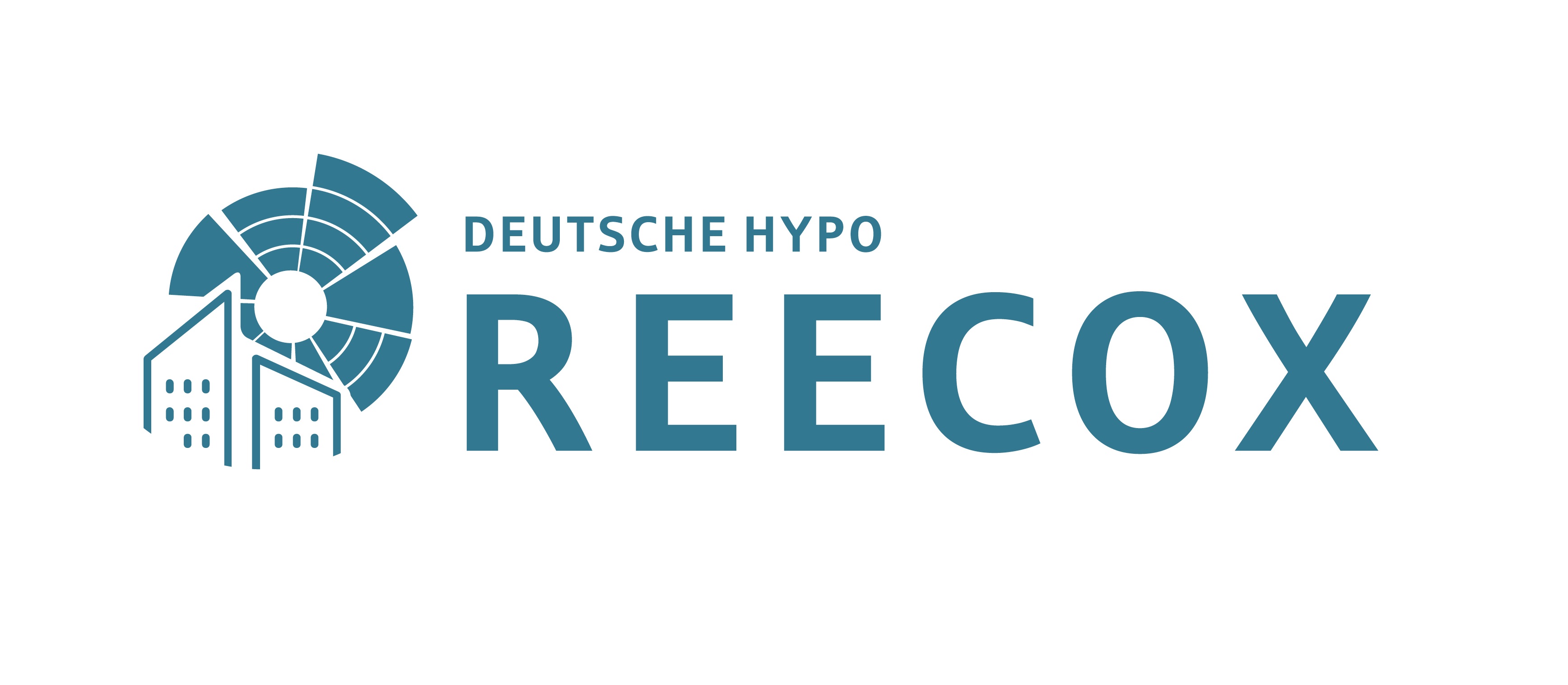The REECOX Germany closes the third quarter at 258.9 points.
The German real estate index continued its downward trajectory in the third quarter, again recording the sharpest decline (10.3 %) of all of the European markets monitored by REECOX.
Frank Schrader, Managing Director Deutsche Hypo – NORD/LB Real Estate Finance stated: “For the third successive time, all the countries monitored by REECOX show a negative trend. At 213.0 points, the Euro Score is also at its lowest level in more than two years. This reflects the ongoing uncertainty facing European real estate markets due to the current economic and geopolitical situation.”
Once every quarter, REECOX provides an overview of real estate market activity in Germany, France, the United Kingdom, Poland, Spain and the Netherlands. The index for each of the six countries is calculated using five input variables. In Germany, those variables are the DAX, the DIMAX, the European Commission’s Economic Sentiment Indicator (ESI) for Germany, the basic rate of interest pursuant to Section 247 of the German Civil Code (BGB) and the interest rate for ten-year German government bonds. Once again, the majority of the negative trend was accounted for by the German real estate share index DIMAX, which plunged by 19.4 % overall to 480.4 points – a figure last seen in September 2006. The German blue-chip index DAX also trended downwards in the third quarter, continuing its slide by falling 5.2 % compared to the previous quarter to stand at around 12,114 points. Apart from the country’s equity markets, the negative performance of the German real estate index is being driven to a large extent by expectations regarding the German business climate. The latter slumped by 11.8 % in the third quarter to 92.2 points.
Florian Meyer, Head of the Hamburg office: “The rise in interest rates – in particular the steepness of the hike – is severly affecting the market. All in all, the normalisation of the interest rate market is a welcome development. However, the sheer pace of market movements makes the situation in the real estate sector challenging.”

